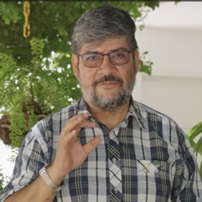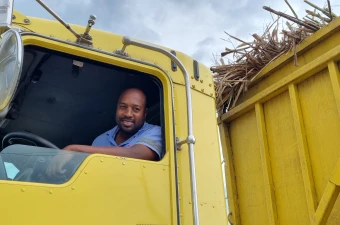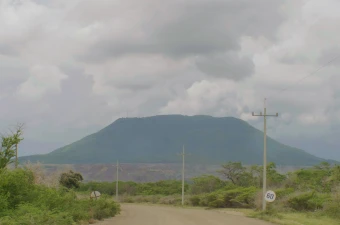A new chapter for former coal miners
The transition to renewable energy is one of the most important challenges of this century, not only in Europe but throughout the world. During this transition, it is essential not to lose sight of the people who are directly affected by the shift to renewable energy. In northern Colombia, coal miners are a poignant example of this: after years of working in the mines, they are now facing abrupt closure.
As a result, nearly 8,000 miners lost their jobs and the income they used to support their families. CNV Internationaal, in collaboration with the University of Magdalena, has developed a course to support these workers in their retraining. This initiative has led to the creation of various new projects by the workers.
Due to the closure of the mines in northern Colombia, the region needs new ways to provide employment and new ideas for economic diversification. This is the idea behind the course offered by CNV Internationaal and the University of Magdalena: bringing workers together to develop ideas for new projects that contribute to the region. The process is still under development, but the first step has now been taken. The fact that workers have the opportunity to take this path is a major achievement for the region.

“When the labour force comes together with academia and international cooperation, a lot can be achieved for the region—starting with this essential process: education for labor reconversion and training in technical and professional fields.”
Yanquele Ordóñez, founder of Asoextramin
Retraining courses for former miners
The course enabled the workers to understand exactly what the energy transition entails and the different perspectives that exist. From there, they started brainstorming ideas and projects. During the course, they were supported in developing and presenting these projects. There is a lot of potential in the Magdalena region, but it was still difficult for the former miners to present this in order to obtain national and international support.
CNV Internationaal has been actively involved in this process from the outset. Together with the University of Magdalena, we set up the course and helped decide on the content that the former miners would need. We also have good contacts in Colombia, which will enable us to reach the (laid-off) miners in the future through the trade unions.
“We've always been grateful to CNV. They've been essential since the beginning of this process, because without them, none of this would have happened. Their support led us to work hand in hand with the communities and former workers to show that we really do have the capacity.”
Jorge González, founder of Asoenergy
Resilience program
A number of programs have been set up following the course, which offer employment to former miners and improve the economic and social resilience of the region. These programs are:
- Mango Vibe: This initiative focuses on the production and sale of products based on mango, a fruit that comes from the Magdalena region. Not only does this project use local fruit, but it also aims to promote the circular economy and environmental sustainability by using biodegradable packaging and reusing organic waste.
- Asoenergy: This initiative focuses on generating electricity from unconventional renewable sources. At the same time, it focuses on retraining and promoting environmental management practices after the closure of mines in the Cesar region.
- Coomustier: This initiative encourages the creation of energy communities in remote areas of Colombia, with a focus on solar energy for single-mother households. It combines the efforts of former miners with education and training in sustainable technologies, in collaboration with local trade unions, universities, and the SENA.
- Asoextramin: This initiative trains former workers and vulnerable groups in agriculture, clean energy and circular economy practices, to enhance sustainability and living conditions.

Read our other stories of change:
- Indonesia: From dangerous roads to safer workplaces
- Mali: Commitment to change
Fecha de publicación 15 05 2025


